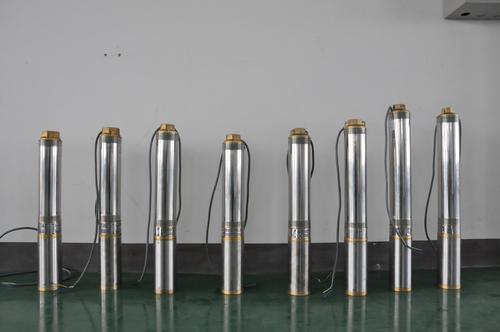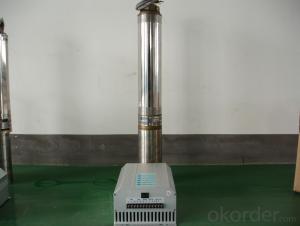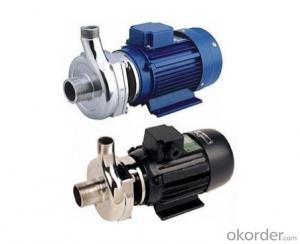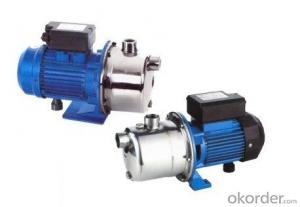Small Pond Solar Deepwell Water Pump
- Loading Port:
- Shanghai
- Payment Terms:
- TT OR LC
- Min Order Qty:
- -
- Supply Capability:
- 300 set/month
OKorder Service Pledge
Quality Product, Order Online Tracking, Timely Delivery
OKorder Financial Service
Credit Rating, Credit Services, Credit Purchasing
You Might Also Like
how is the rotor made:
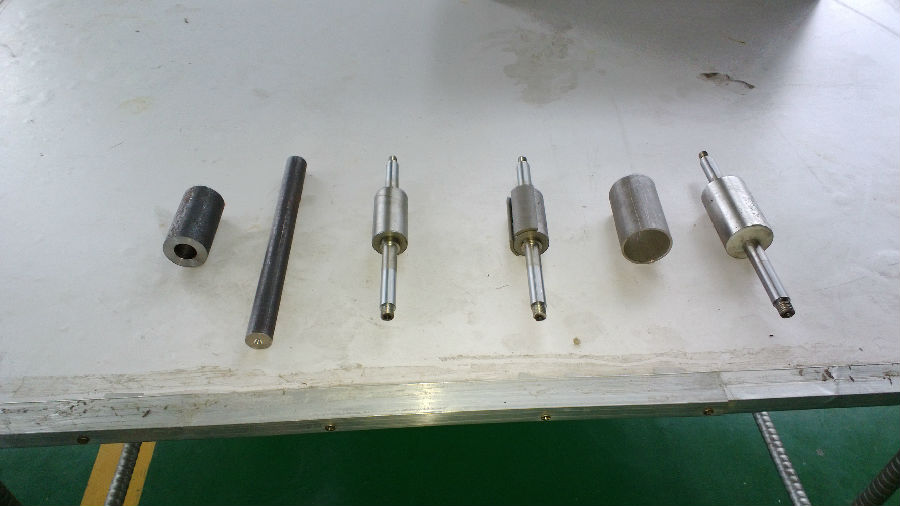
how is the motor made:
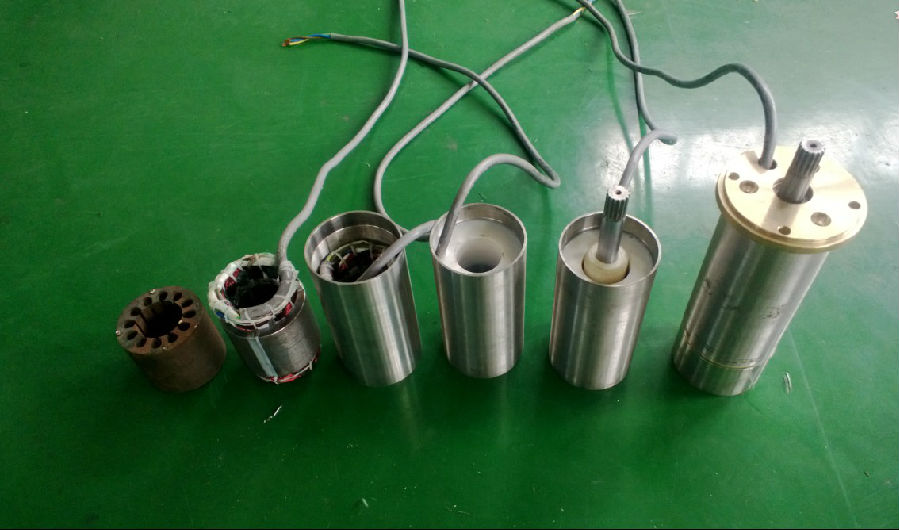
the pump :
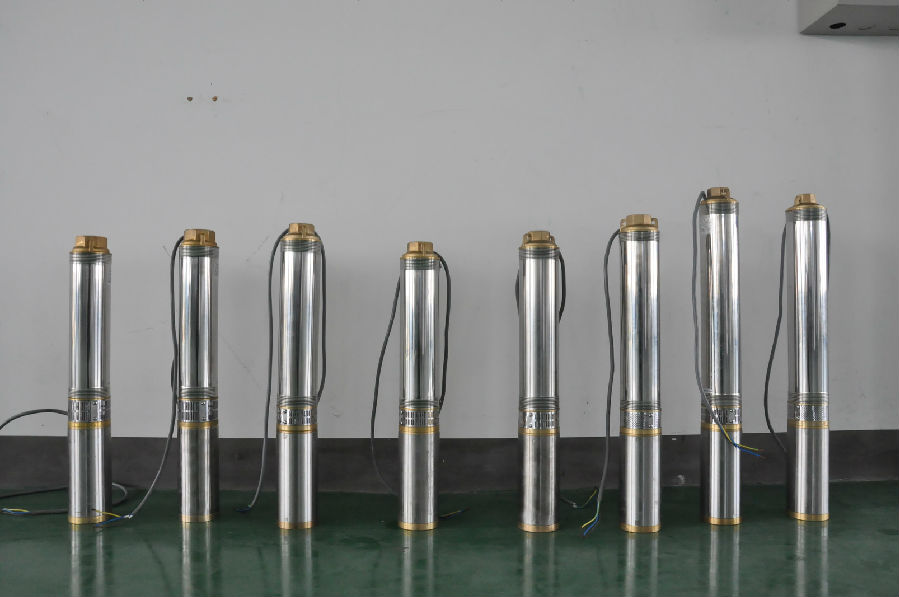
controller terminal connection:
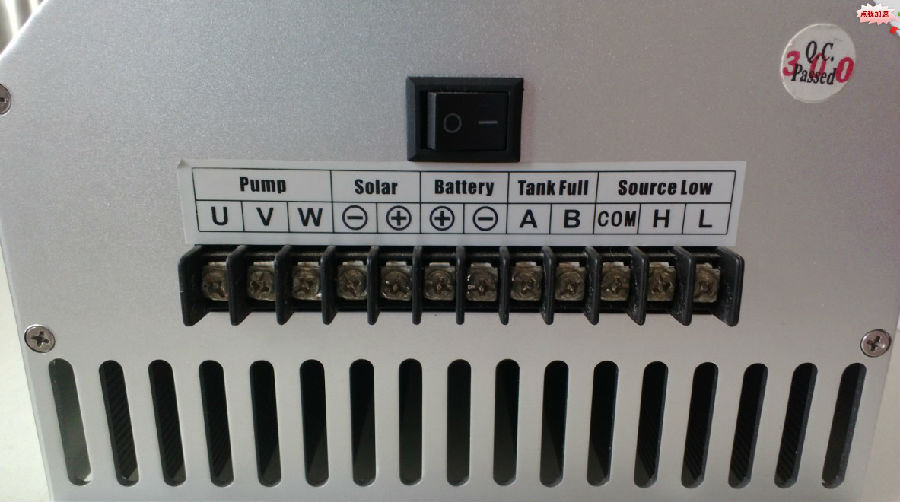
The permanent magnet:
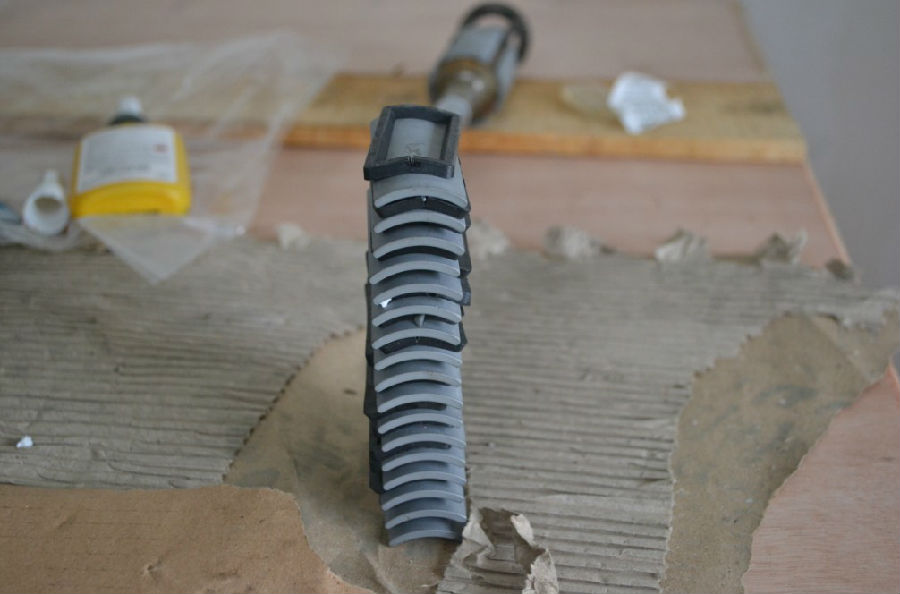
the impeller:
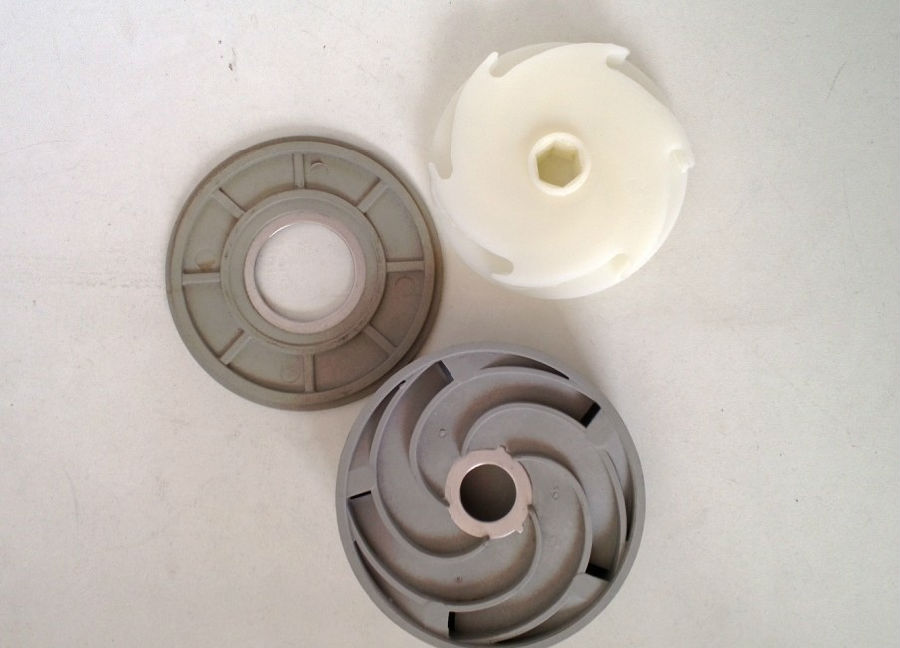
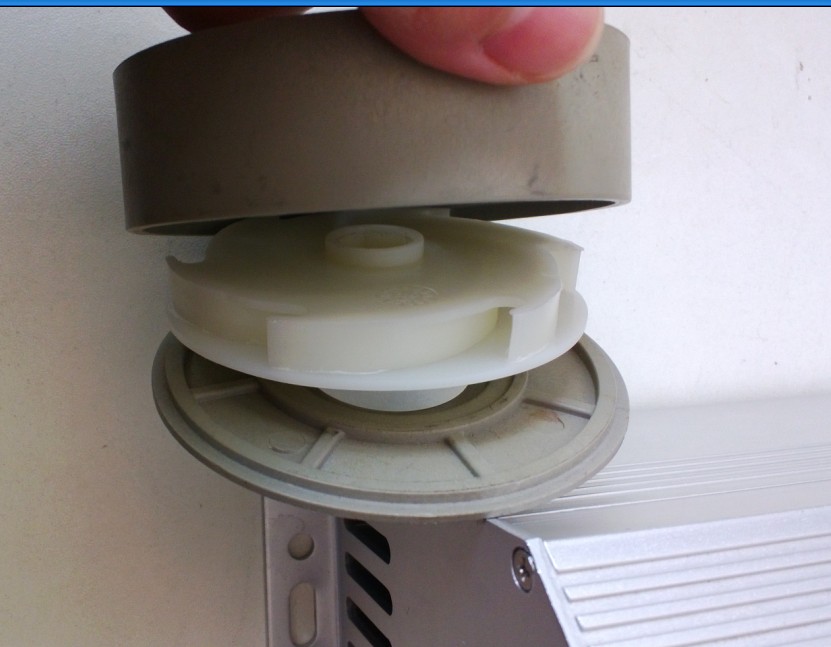
controller box:
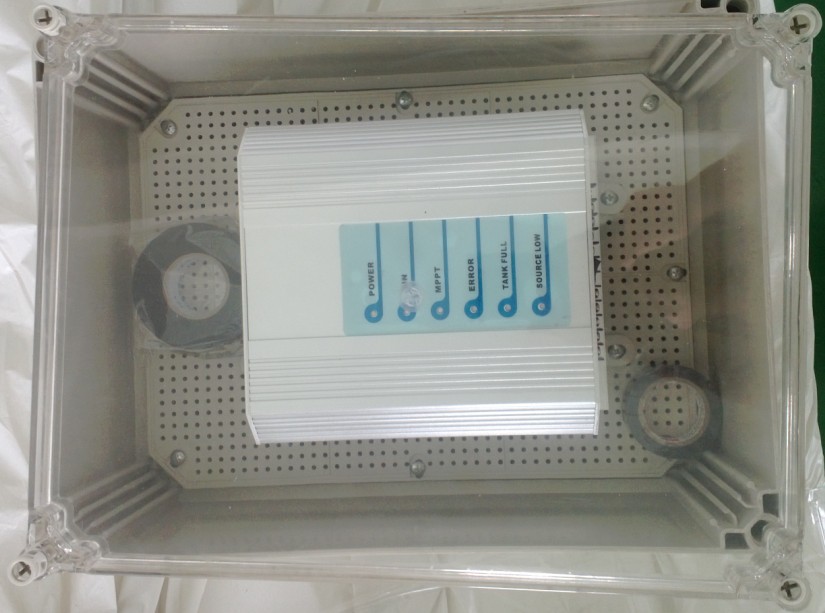
the senors:
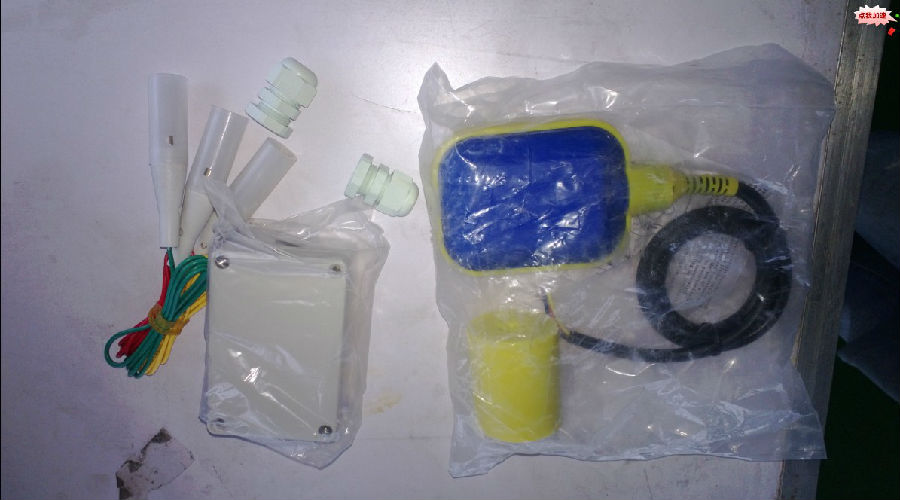
the test:
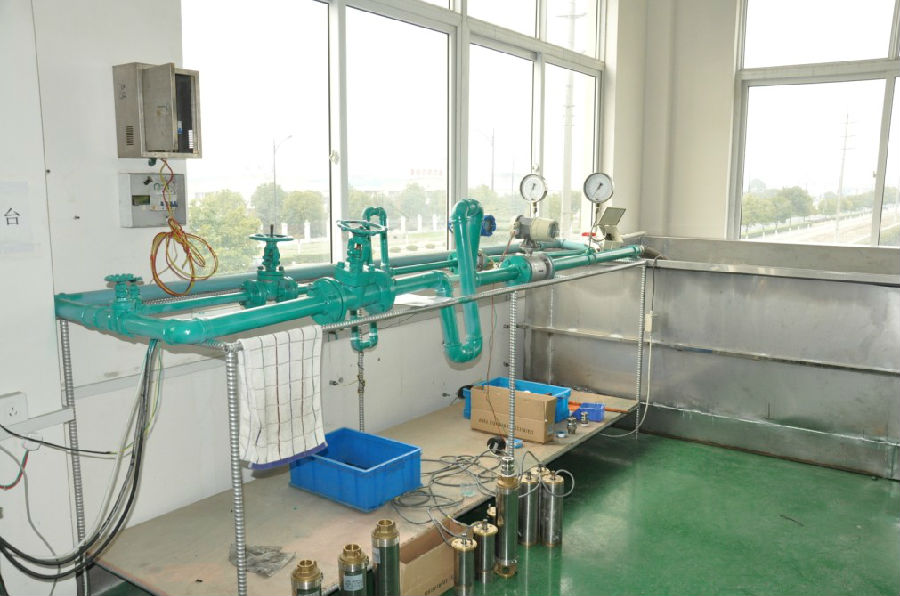
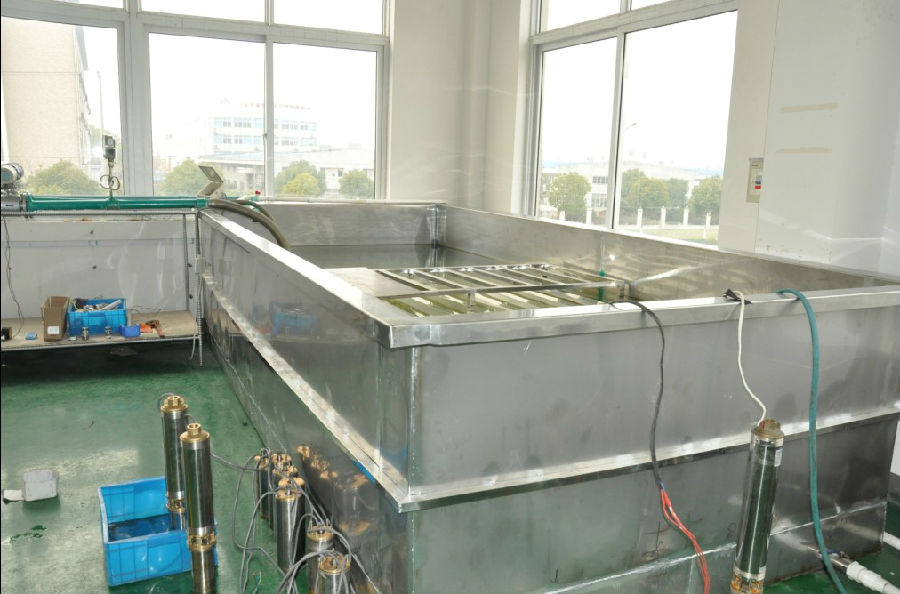
the application:
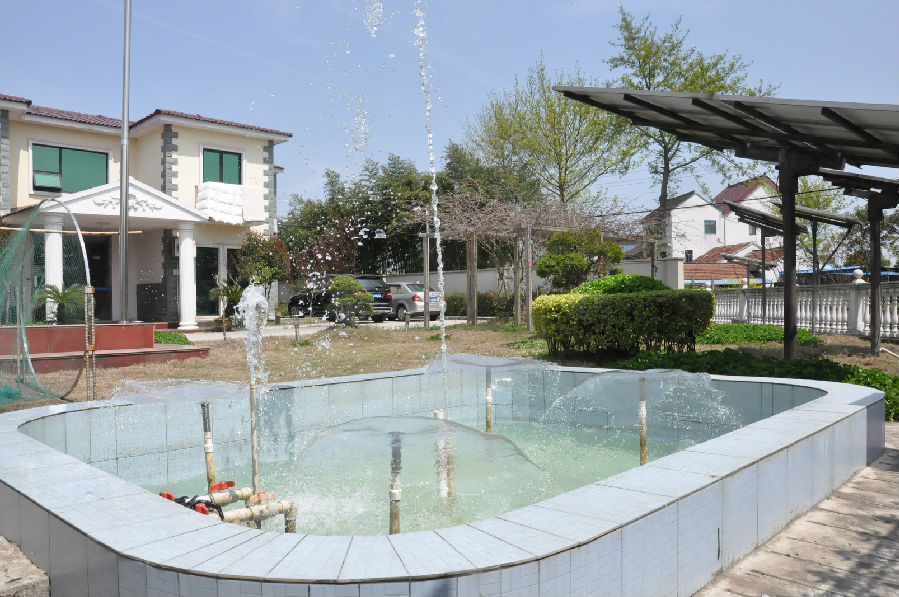
the package:
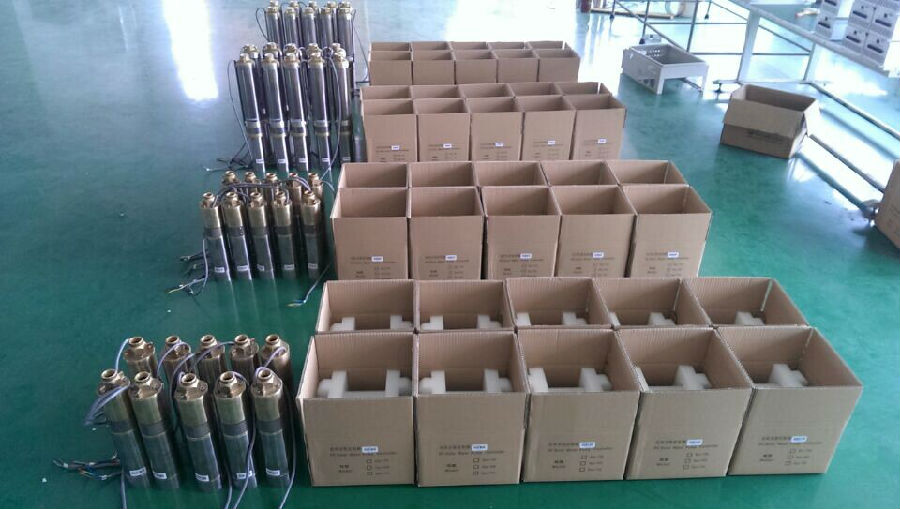
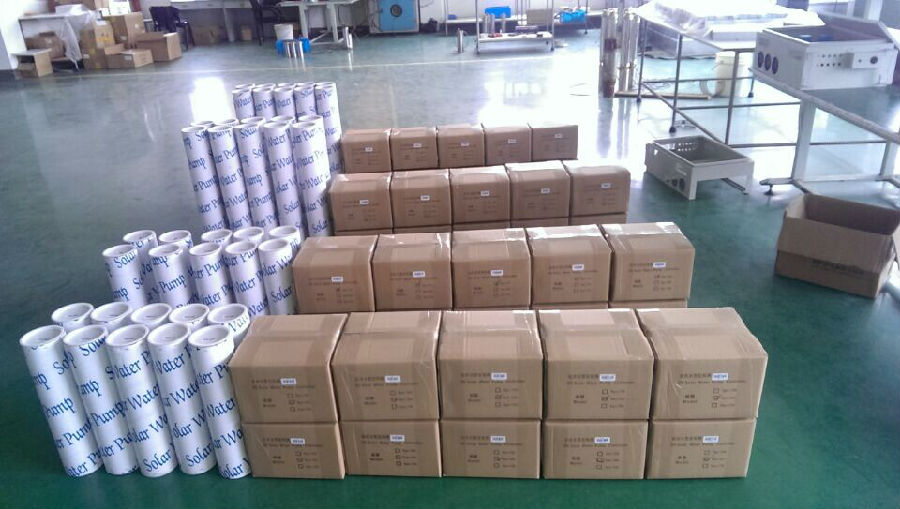
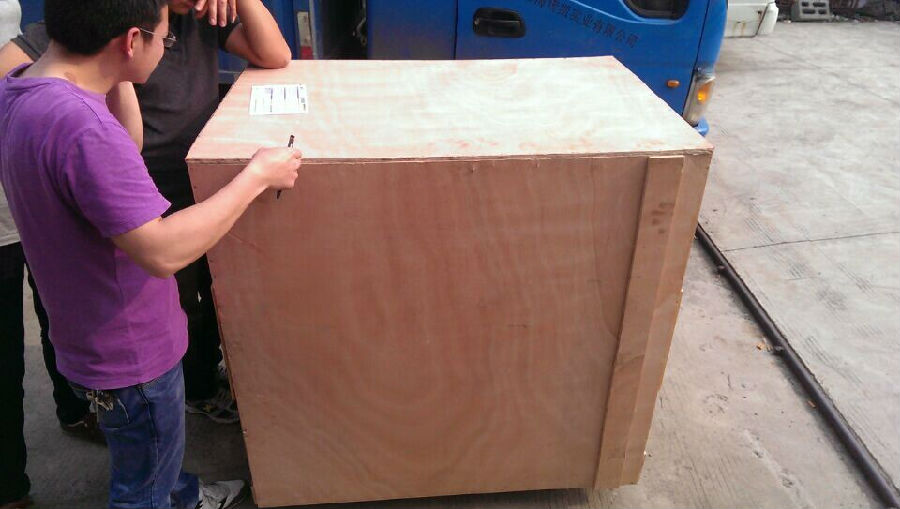
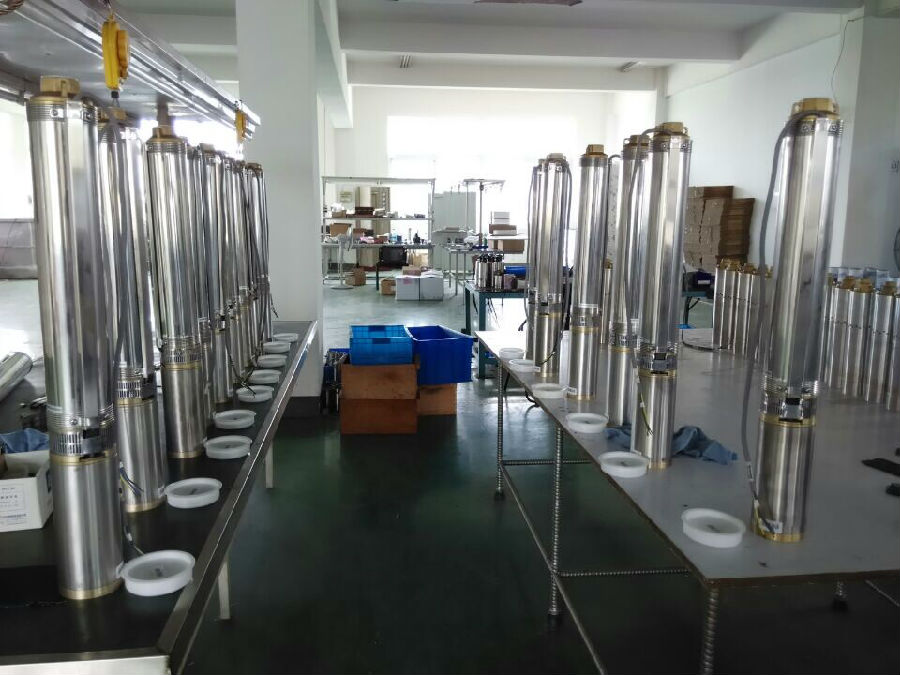
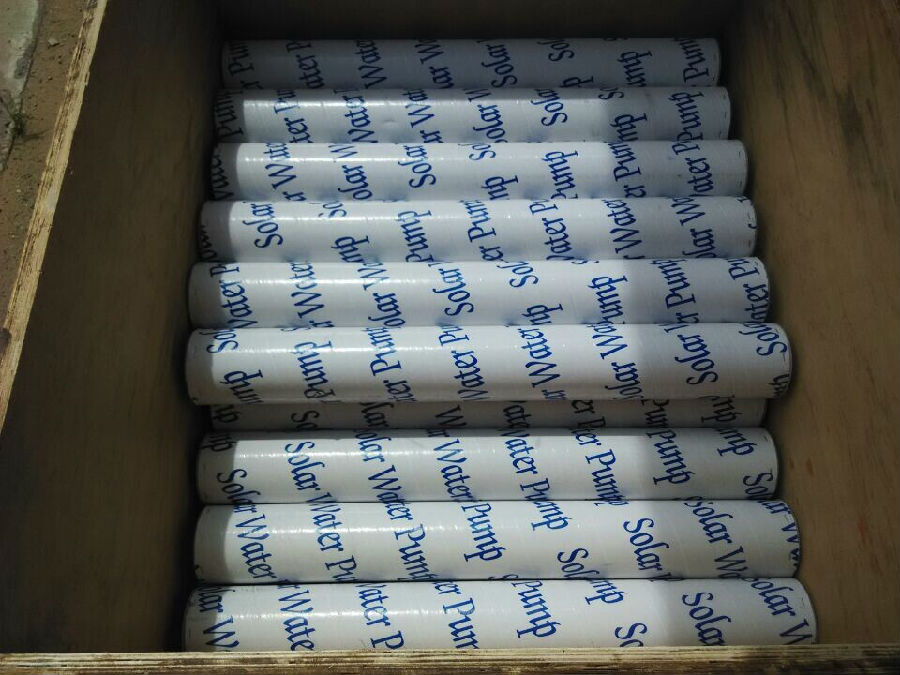
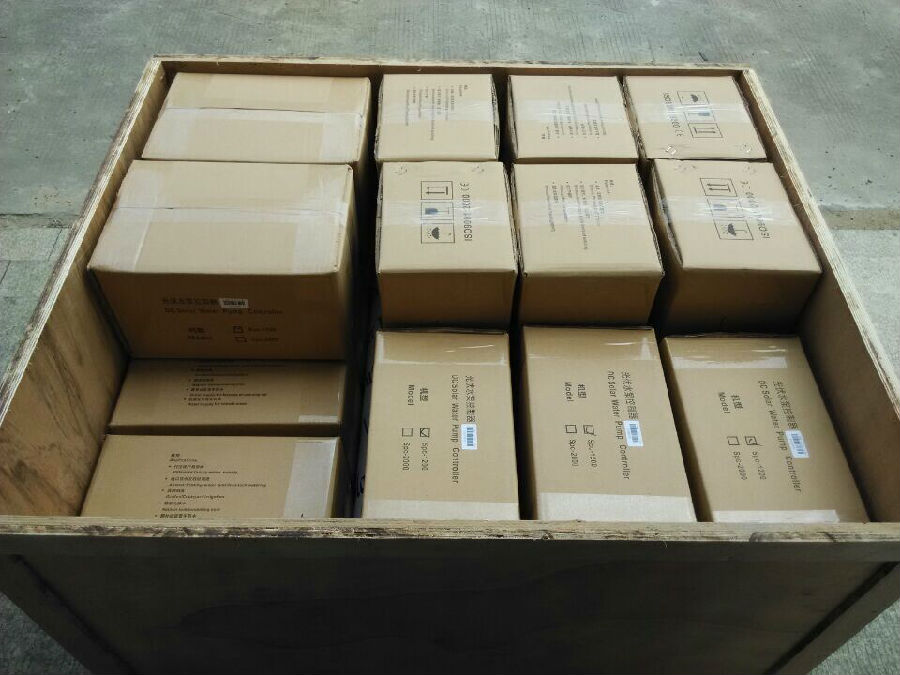
- Q: Can solar pumps be used for waterfalls or decorative water features?
- Yes, solar pumps can be used for waterfalls or decorative water features. Solar pumps are designed to run on solar energy, making them an eco-friendly and cost-effective option for powering water features. They can provide a continuous flow of water, creating beautiful cascades for waterfalls or maintaining the circulation in decorative water features. Additionally, solar pumps are easy to install and require minimal maintenance, making them a convenient choice for adding a touch of elegance to outdoor spaces.
- Q: Are there any limitations to the type of water source that can be used with a solar pump?
- Yes, there are certain limitations to the type of water source that can be used with a solar pump. One of the main limitations is the availability of sunlight. As solar pumps rely on solar energy to operate, they are most effective in areas with ample sunlight. If the water source is located in a heavily shaded area or experiences long periods of cloudy weather, the efficiency and effectiveness of the solar pump may be compromised. Another limitation is the depth of the water source. Solar pumps are typically not suitable for extracting water from deep wells or boreholes. They are more commonly used for shallow water sources such as ponds, rivers, or shallow wells. The depth limitation is due to the fact that solar pumps have limited power output compared to conventional electric pumps, which makes them less capable of lifting water from greater depths. The quality of the water source is also a consideration. Solar pumps can handle clean or slightly dirty water, but they may struggle with highly contaminated or saline water. This is because certain impurities or chemicals in the water may damage or clog the pump components, reducing its efficiency and lifespan. In such cases, additional filtration or pre-treatment systems may be required to ensure the longevity and optimal performance of the solar pump. Lastly, the flow rate and pressure requirements of the water source should also be taken into account. Solar pumps have certain limitations when it comes to providing high flow rates or high-pressure outputs. If the water source requires a significant amount of water or a high-pressure output, a solar pump may not be the most suitable option. Overall, while solar pumps offer many advantages, it is important to consider the specific characteristics and limitations of the water source before choosing to use a solar pump.
- Q: What is the maximum pressure that a solar pump can generate?
- The maximum pressure that a solar pump can generate depends on various factors, including the design and specifications of the pump itself. However, in general, solar pumps can typically generate pressures ranging from 50 to 100 pounds per square inch (psi). This pressure range is suitable for most agricultural, residential, and small-scale commercial applications, including irrigation, water supply, and livestock watering. It's important to note that different types and models of solar pumps might have different pressure limits, so it's crucial to consult the manufacturer's specifications or seek professional advice to determine the maximum pressure capabilities of a specific solar pump.
- Q: Can a solar pump be used for water supply in off-grid cabins?
- Yes, a solar pump can be used for water supply in off-grid cabins. Solar pumps are a great option for off-grid locations as they use energy from the sun to power the pump, eliminating the need for grid electricity. They are cost-effective, environmentally friendly, and can provide a reliable water supply for various applications, including off-grid cabins.
- Q: How do I determine the water requirements for my application?
- To determine the water requirements for your application, there are a few factors you need to consider. Firstly, assess the specific needs of your application. Determine how much water is required for each process or task involved. This could include factors such as cleaning, cooling, or mixing. Next, evaluate the water quality needed for your application. Some processes may require purified or distilled water, while others may be suitable for regular tap water. Understanding the required water quality will help you determine the necessary treatment or filtration processes. Consider the water pressure and flow rate required for your application. Certain processes may require high-pressure water jets or a continuous flow of water. Ensure that the water supply can meet these requirements. Additionally, assess the availability and accessibility of water in your location. Consider factors such as the source of water, its availability throughout the year, and any restrictions or regulations related to water usage in your area. It is also important to consider the environmental impact of your water usage. Evaluate the sustainability and conservation measures that can be implemented to minimize wastage and reduce the overall water footprint of your application. Lastly, consult with experts or professionals in the field who can provide guidance based on their experience and knowledge. They can help you determine the specific water requirements for your application and suggest any necessary equipment or technologies to meet those requirements. By considering these factors and seeking expert advice, you can effectively determine the water requirements for your application and ensure that you have an adequate and sustainable water supply.
- Q: How does a solar pump help in reducing the risk of deforestation?
- A solar pump helps in reducing the risk of deforestation by providing a sustainable and renewable source of energy for water pumping, thereby reducing the dependency on traditional fuel sources like firewood and diesel. This reduces the need for cutting down trees for firewood and prevents the environmental degradation caused by deforestation.
- Q: Are there any limitations to the temperature of the water a solar pump can handle?
- Yes, there are limitations to the temperature of the water that a solar pump can handle. Most solar pumps are designed to handle water temperatures within a certain range, typically between 32°F (0°C) and 104°F (40°C). This is because extreme temperatures outside this range can affect the performance and efficiency of the pump. If the water temperature goes below freezing point, it can cause the water to freeze inside the pump and pipes, leading to blockages and potential damage. On the other hand, if the water temperature exceeds the upper limit, it can cause overheating of the pump, leading to reduced efficiency and potentially damaging the pump's components. To mitigate these risks, it is important to ensure that the solar pump system is properly sized and equipped with appropriate insulation and protection mechanisms. Additionally, regular maintenance and monitoring of the water temperature are recommended to prevent any adverse effects on the pump's performance.
- Q: How does a solar pump handle water source contamination from paper or pulp mills?
- A solar pump does not directly address water source contamination from paper or pulp mills. However, it can help by providing a reliable and sustainable source of water, which can be used for dilution or mitigation purposes to reduce the impact of contamination. Additionally, solar-powered filtration or treatment systems can be integrated with the solar pump to further purify the water and remove contaminants.
- Q: Are there any specific installation requirements for a solar pump system?
- Yes, there are specific installation requirements for a solar pump system. These requirements include finding a suitable location with ample sunlight exposure, ensuring proper alignment and tilt angle of solar panels, installing a stable and secure mounting structure, connecting the pump to the solar panels with appropriate wiring, and considering the depth and type of water source for the pump's installation. It is also important to follow manufacturer guidelines and local regulations while installing a solar pump system.
- Q: Can a solar pump be used for water supply in commercial buildings?
- Yes, a solar pump can be used for water supply in commercial buildings. Solar pumps are an eco-friendly and cost-effective option that utilize solar energy to pump water, making them suitable for commercial buildings seeking sustainable solutions for water supply.
Send your message to us
Small Pond Solar Deepwell Water Pump
- Loading Port:
- Shanghai
- Payment Terms:
- TT OR LC
- Min Order Qty:
- -
- Supply Capability:
- 300 set/month
OKorder Service Pledge
Quality Product, Order Online Tracking, Timely Delivery
OKorder Financial Service
Credit Rating, Credit Services, Credit Purchasing
Similar products
Hot products
Hot Searches
Related keywords

